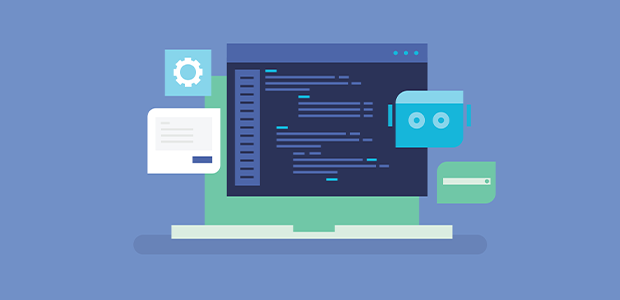
Where should startups focus on integrating AI?
Research from the British Chamber of Commerce reveals that 43% of small and medium sized businesses (SMBs) have no plans to use Artificial Intelligence (AI), despite a growing acceptance by businesses that it will help boost productivity. Only a quarter (25%) say they are using a specific AI technology, with 24% planning to in the future.
With the AI space forecast to reach $126 billion in annual revenue this year, UK startup businesses are missing out on a huge opportunity. While many have likely played around with online tools such as ChatGPT to brainstorm ideas, analyse customer feedback and write emails, the next phase startups must adopt is business integration.
Integrating AI into any business comes at a cost, one that might seem excessive for startup businesses; however, it cannot be overlooked. The technology presents excellent opportunities for transformation, especially for small but mighty businesses. To make it work though, it has to be integrated in the right places.
In this article, I'll share the three essential places startups need to integrate AI.
Operational upgrades: solving real problems with real solutions
AI mustn't be seen as just a buzzword, especially not when integrating it into a business. Likewise, startups shouldn’t just adopt one cost effective AI tool to tell customers ‘We’re leveraging AI’. AI integrations should solve the real, everyday challenges facing the business. That’s why AI integration should start with operational upgrades.
We all have heavy, time-consuming admin tasks within our businesses. Startups should kick off AI integration by identifying those tasks and considering ‘Can AI help?’. The automation of these tasks is what will bring businesses the greatest day-to-day benefits, specifically time and cost savings.
A digital agency might have 25 clients, for example. Each week, the agency has to report on a set of metrics that it pulls down from Google Analytics, taking an average of two hours per client. Over a week, the reports take 50-hours, which equates to more than an employees’ full-time hours. An AI tool can be introduced here to automate the report formatting, extract the data, and double-check the metrics. The startup saves thousands of hours per year while delivering exceptional work.
Customer experience: tailor-made
While large organisations often attract customers with lower prices, many consumers remain loyal to startups for their personalised service and transparent values. Delivering personal services is easier said than done, yet it is essential for keeping customers’ love of a startup alive.
AI can be leveraged to analyse customer data to provide deeper insights into customers' preferences and behaviours. So, if a customer is returning to a startup’s website and logged into their account, AI can be used to automatically show the customer a selection of products they are likely to purchase – based on their previous website history. Customers feel understood by the business and sales increase. A win, win.
AI can also improve the customer experience by being an instant assistant. Customers have historically disliked visiting a chatbot on a website, only to find out they are unable to speak to an actual person. The introduction of AI has changed this perception, as individuals know AI can deliver their desired answers instantly, automating routine inquiries.
However, the human element mustn’t be lost in customer service. Startups instead should balance AI and human capabilities to preserve the personal connection and trust that sets startups apart.
Website management: perfect online presence
A website that loads in one second or less can achieve a conversion rate three times higher than a website that takes five seconds to load. It is, therefore, essential that startups have instant loading times to maximise sales online – yet this isn’t the case for the majority.
Faced with unoptimized data queries, DoS attacks, and aggressive bot crawling, startup businesses often don’t have the time to maintain instant load times. Instead, they have to focus on the day to day running of the business. In this instance, the use of AI can help by reducing diagnoses and resolution times.
AI solutions are available to help startups troubleshoot, identify and resolve any issues that are impacting service workflows. Websites aren't something startups should worry about; AI enables them to be optimised for sales without hours of time investment, which could be better spent elsewhere.
When integrating new technology, especially AI, it is essential to take a strategic approach. AI should enhance, not replace, the strengths of a business. By incorporating AI into operations, customer service, and website management, startups can reclaim valuable hours to focus on what truly matters: running their business. Fundamentally, AI enables small-scale operators to compete on a larger stage; it just has to be integrated into the right places.
For more startup news, check out the other articles on the website, and subscribe to the magazine for free. Listen to The Cereal Entrepreneur podcast for more interviews with entrepreneurs and big-hitters in the startup ecosystem.

